Persian Empire largest empire the world have ever seen
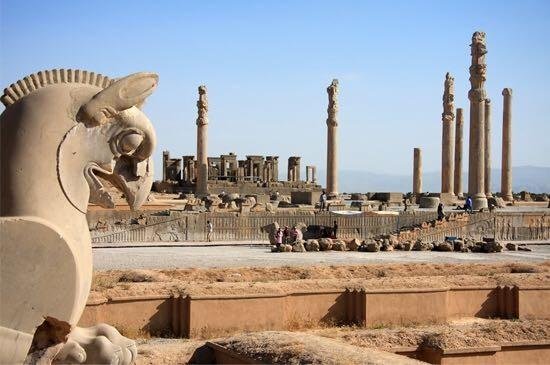
The Persian Empire spanned from Egypt in the west to Turkey in the north, and through Mesopotamia to the Indus River in the east.
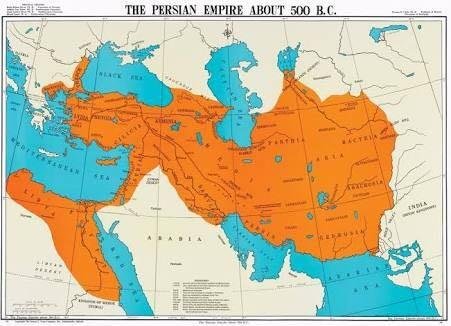
By the 5th century B.C.E., it was the largest empire the world had ever seen, surpassing the size of their Assyrian predecessors
Rather than destroy local economies for their own selfish gain, the Persians worked to increase trade throughout their kingdom. They standardized weights, developed official coinage, and implemented universal laws.
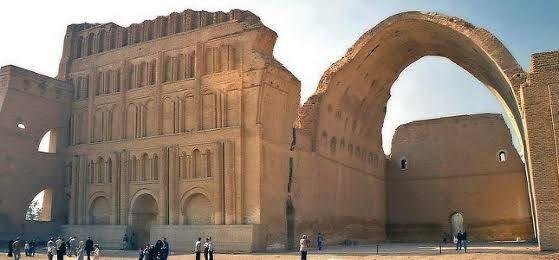
The Persian leaders required cooperation and imposed a 20 percent tax on all agriculture and manufacturing. They also taxed religious institutions, which despite their wealth had previously not been taxed.
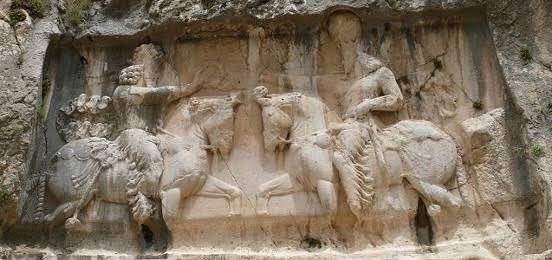
The Persians themselves paid no taxes.
The Persian kings — especially Cyrus and, later, Darius I (522-486 B.C.E.)
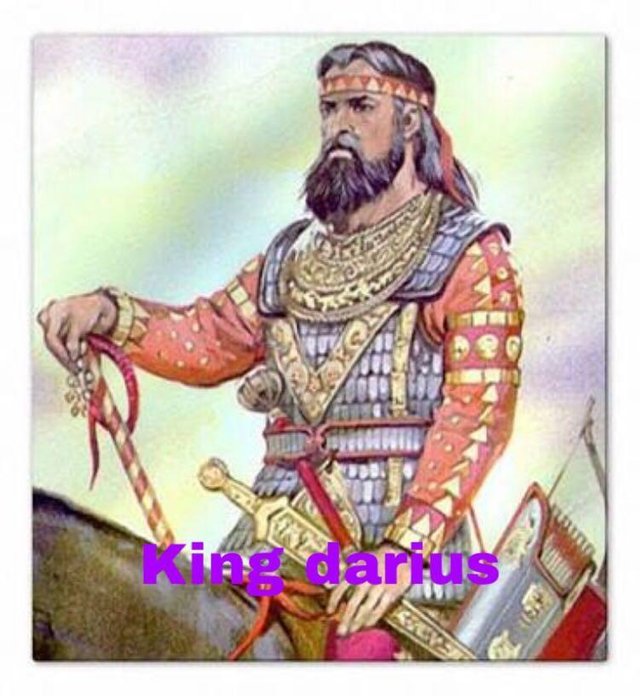
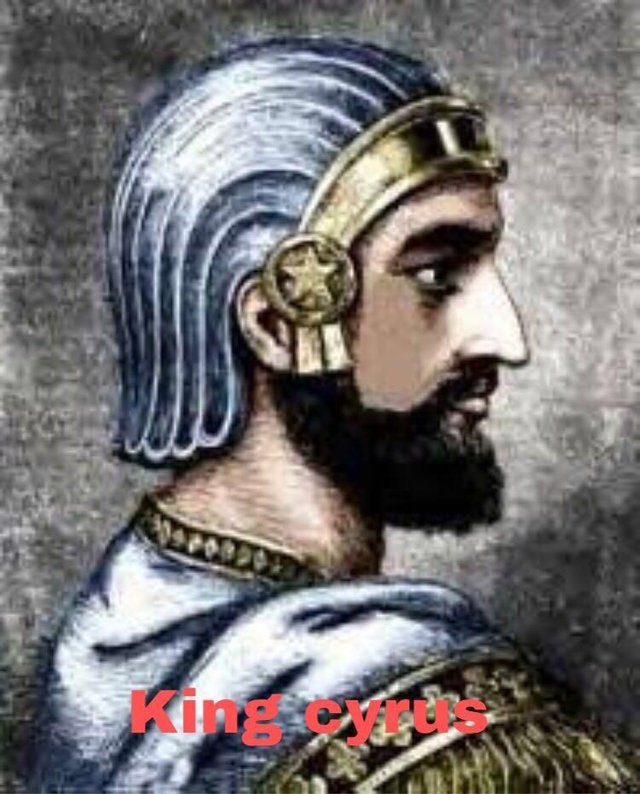
developed a model for the administration of a large empire that was copied by others in the future. Laws were carried out fairly and evenly among all of the various subject peoples
Cyrus Is Desirous
In 539 B.C.E., King Cyrus decided to expand the boundaries of Persia. He began by conquering Babylon. Unlike Assyrian kings, Cyrus was known for his mercy rather than his cruelty.
For example, he allowed the Hebrews, who had been captives in Babylon for over fifty years to return to the holy city of Jerusalem, instead of turning them into slaves. He returned sacred items that were stolen from them and allowed the rebuilding of their capital and the temple.
Cyrus also allowed the Hebrews to continue living and worshiping as they chose. The Jewish prophet, Isaiah, called Cyrus "God's shepherd," and said that "God would go before him and level the mountains."
Desert
The Empty Quarter is the largest area of continuous sand in the world.
Cyrus's generosity toward the Jews was not an isolated event. He and his successors employed a policy of adaptation and reconciliation toward all of their new subjects. They cooperated with local rulers and interfered as little as possible in matters that did not directly relate to their rule. They respected local traditions and even adopted some of their subjects' religious practices for themselves.
Hi! I am a robot. I just upvoted you! I found similar content that readers might be interested in:
http://www.ushistory.org/civ/4e.asp
Congratulations @mohamedagha! You have completed some achievement on Steemit and have been rewarded with new badge(s) :
Click on any badge to view your own Board of Honor on SteemitBoard.
To support your work, I also upvoted your post!
For more information about SteemitBoard, click here
If you no longer want to receive notifications, reply to this comment with the word
STOP